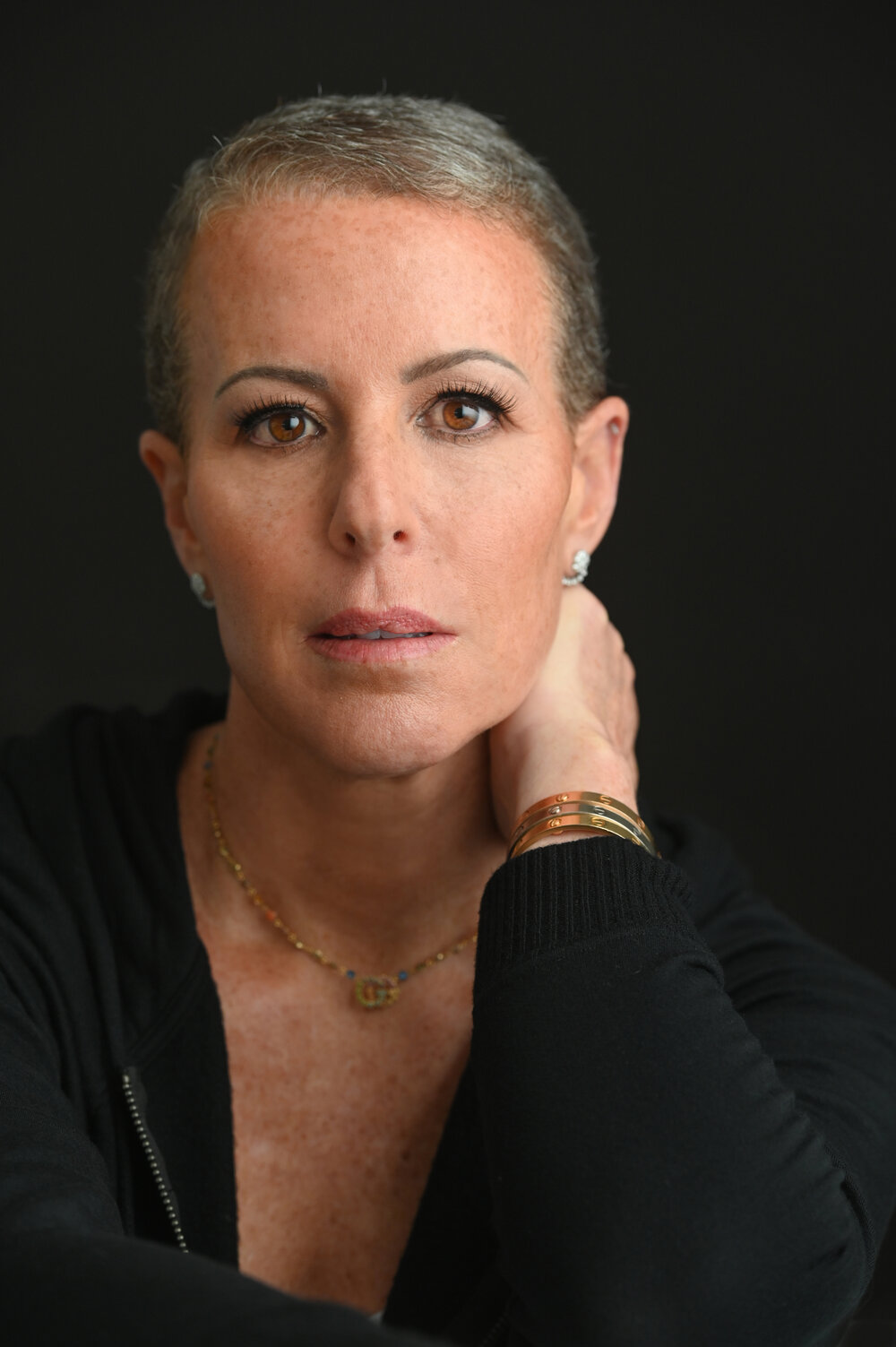Poet and writer Dara-Lyn Shrager leads a four-session course designed for those with some prior experience writing poetry.
About the course:
What holds a good poem together? How is it constructed to deliver all the wonder and deep satisfaction that a good poem offers its reader?
In this workshop, we'll examine some successful poems to discover the forms and craft choices poets make in writing and editing their poems. Then, we'll take time during our first workshop to generate drafts of our own poems. We'll also discuss the secrets of these drafts with one another. What conscious choices have we made, and what innate tendencies resulted in the words on the page. For our next three meetings, we'll work to rewrite that first draft in two or three different ways. By the close of our fourth session, we'll have discovered the secrets of our own poems. We'll see for ourselves in what ways we build the strongest structures beneath the magic of our words.
About the instructor:
 Dara-Lyn Shrager is the co-founder and editor of Radar Poetry. Her chapbook "The Boy From Egypt" was published in 2009. Her full-length manuscript "Whiskey, X-Ray, Yankee" was published in 2018, after being named a finalist for the Barrow Street Poetry Prize. "Whiskey, X-Ray, Yankee" was also a finalist for the Akron Poetry Prize, the Perugia Prize and the Brittingham and Pollak Prizes from the University of Wisconsin Press. Shrager holds a master's degree from Bennington College and a bachelor's degree from Smith College. Her poems appear or are forthcoming in many journals, including The Los Angeles Review, Crab Creek Review, Barn Owl Review, The Greensboro Review, Nashville Review, Passages North, Salamander, Southern Humanities Review, Thrush Poetry Journal, Tinderbox Poetry Journal and Yemassee. Her poems have been nominated for the Pushcart Prize and Best of the Net. This year, her work will appear in the anthology "Braving the Body." Her articles have appeared in newspapers and magazines including The New York Times, The Philadelphia Inquirer, Philadelphia magazine and others.
Dara-Lyn Shrager is the co-founder and editor of Radar Poetry. Her chapbook "The Boy From Egypt" was published in 2009. Her full-length manuscript "Whiskey, X-Ray, Yankee" was published in 2018, after being named a finalist for the Barrow Street Poetry Prize. "Whiskey, X-Ray, Yankee" was also a finalist for the Akron Poetry Prize, the Perugia Prize and the Brittingham and Pollak Prizes from the University of Wisconsin Press. Shrager holds a master's degree from Bennington College and a bachelor's degree from Smith College. Her poems appear or are forthcoming in many journals, including The Los Angeles Review, Crab Creek Review, Barn Owl Review, The Greensboro Review, Nashville Review, Passages North, Salamander, Southern Humanities Review, Thrush Poetry Journal, Tinderbox Poetry Journal and Yemassee. Her poems have been nominated for the Pushcart Prize and Best of the Net. This year, her work will appear in the anthology "Braving the Body." Her articles have appeared in newspapers and magazines including The New York Times, The Philadelphia Inquirer, Philadelphia magazine and others.
 Presented with support from the National Endowment for the Humanities: Any views, findings, conclusions or recommendations expressed in this programming do not necessarily represent those of the National Endowment for the Humanities.
Presented with support from the National Endowment for the Humanities: Any views, findings, conclusions or recommendations expressed in this programming do not necessarily represent those of the National Endowment for the Humanities.